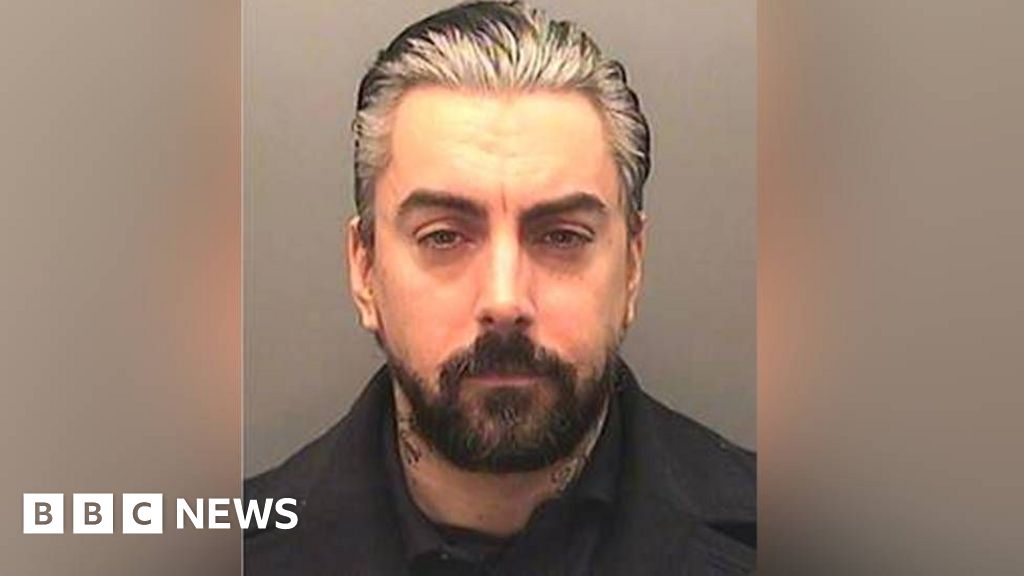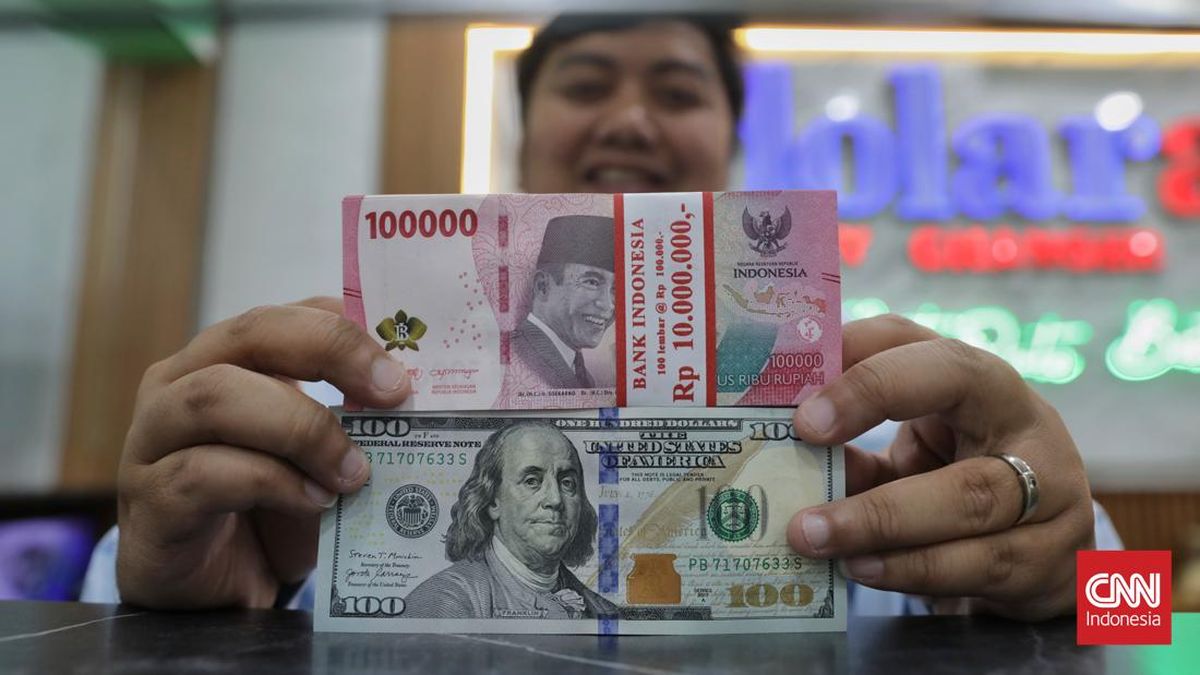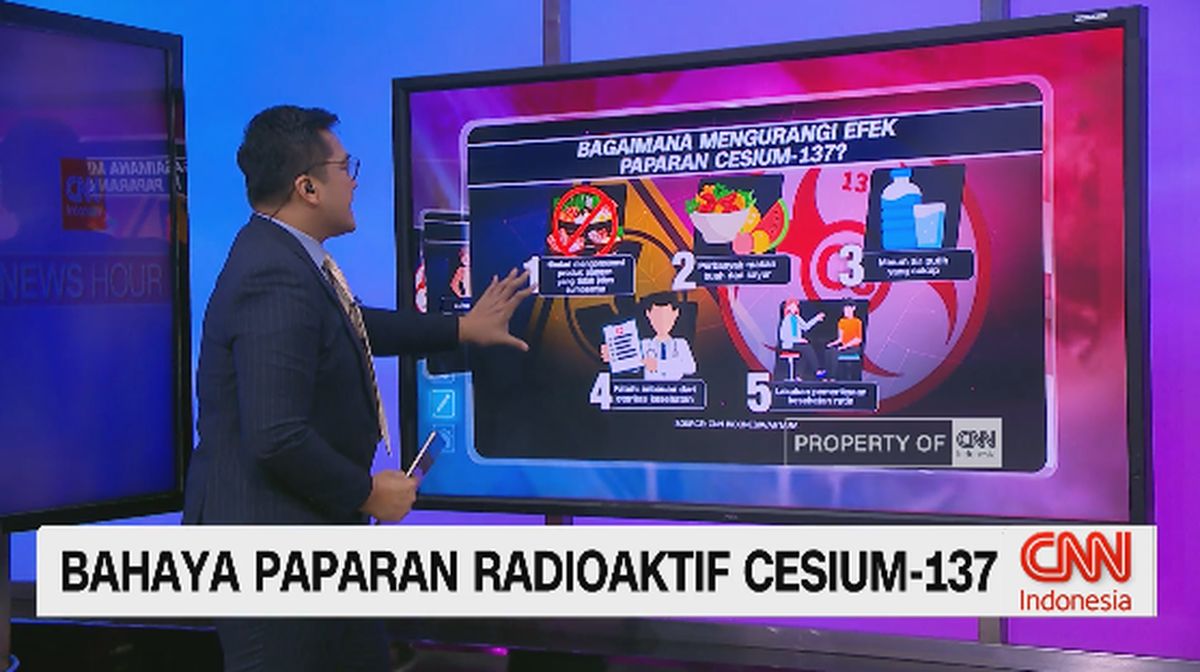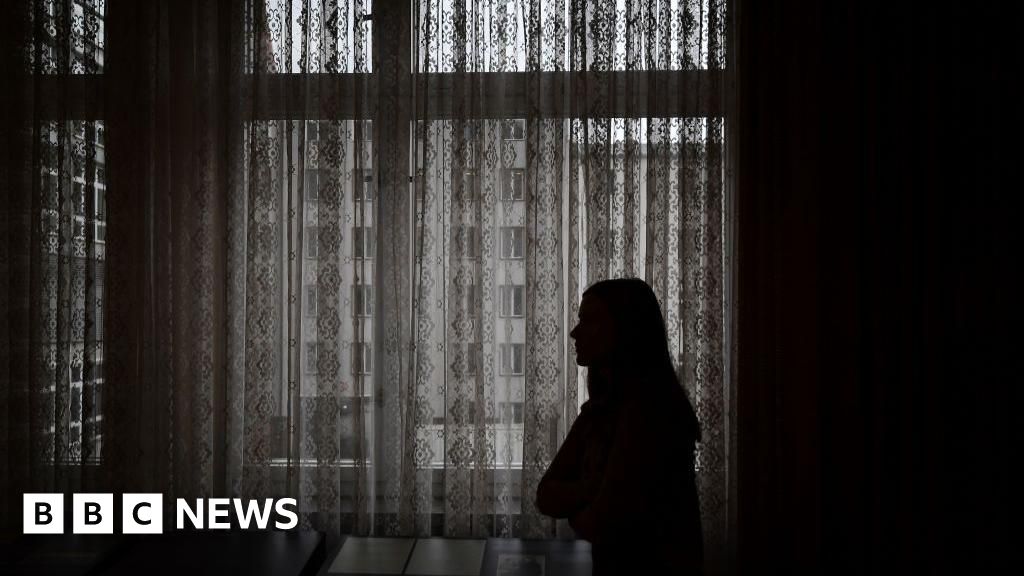By Peter Craven
October 24, 2025 — 6.00pm

FICTION
Shadow Ticket
Thomas Pynchon
Jonathan Cape, $34.99
Thomas Pynchon is one of the walking wonders of literature since the publication of his first major novel The Crying of Lot 49 in 1966 which is the card-carrying postmodern novel many have read because it has the advantage of being short. There’s Gravity’s Rainbow , which intermingles WWII airmen, psychedelic drugs and the moral ambiguities of the German, then American scientist Wernher von Braun, and then there is Mason & Dixon which manages to be complexly far out though it is full of the kindled warmth of the 18th-century pastiche which it uses with a glowing brilliance.
Now we have a new novel and it is full of a scintillating confusion even as it insinuates the postmodern rhetoric that is Pynchon’s trademark. It begins in Depression-era Milwaukee, that apparently tame area of the midwest which just happens to have many people of German background who are sympathetic to the guy with the strident voice and the Charlie Chaplin moustache.
America has turned upside down and liquor has been banned however loud the Twenties have roared. But if that’s coming to an end and Al Capone is stowed away and our hero – who used to work against the workers – is thrust into the business of trying to locate and secure a cheese queen with whom he’s inclined to fall in love (and vice versa by way of reciprocation).

Thomas Pynchon, famously reclusive, as a young man; few photos of him exist.
Part of the unearthly weirdness of Shadow Ticket is the way voices double and shadow and disappear - nothing is certain except for the fact that the narrative voice can throw anything at the reader and the hero at any point be replaced by a potential villain who’s somehow caught in the shadowplay. Shadow Ticket is an epical representation of a seething world where spies of every national description (including a pukka British duo) play merry hell with a world that is growing more and more fascistic, even as everyone treads the light fantastic on a dance floor that is just the other side of the crooning horrors of some of the deutsche boys who have a practical commitment to dealing death, if the money’s good enough.
The epigraph to Shadow Ticket is from that old horror star Bela Lugosi: “Supernatural, perhaps. Baloney…perhaps not.” And the logic of this anti-novel succeeds in presenting all the rackety rungs of a late postmodern style while also indicating the poison and the passion of a just pre-modern world.
Soon we are in heavily-accented Hungary, attending to the ghosts and demons of Croatia’s Ustaše and the world that reeks of liquor and sex and the stylised physicality of the music that has bodies twisted and twirling on the dance floor is like a nightmare anticipation of the world which will come – the Stalins, the Hitlers, the vampires that imagine their way into history.
At one point, there is the reflection that Stalin might eventually demand a religious fealty just as there’s the inevitable one-step, two-step, of the leading man and the leading lady, together with their doubles and their duplicates.
Shadow Ticket is an all but terminally brilliant exercise in the allure of fiction and the impossibility of keeping track of it.
Loading
One aspect of postmodernism which Pynchon has represented vertiginously, is its ability to toy with trashiness at the same time that does cartwheels of erudition. Think of Oedipa Maas, in The Crying of Lot 49, incorporating her own version of a Jacobean tragedy inside the work of her quest for an identity in the thick of madness or way beyond it. Think too of the extraordinary warmth, the sense of apprehension of liberty and an age of reason in the brightness and kindliness of Mason & Dixon.
It’s not hard to imagine that Paul Thomas Anderson’s fascination with Pynchon (his Zoom name actually is Mason & Dixon) is related to his effortless command of extremity and his ability not to fall from the cliff that he seems to be dancing elegantly and dangerously close to the edge of. After years spent attempting to bring Pynchon’s 1990 novel Vineland to the big screen, he has finally succeeded with One Battle After Another – the film ‘inspired by’ Vineland.
Shadow Ticket is an impossible book, but it is also like the key that turns in the lock of faith. We believe in it because it’s impossible. If there’s no other way to grasp the music that makes it such a strange and difficult act on the dance floor, read it aloud.
Most Viewed in Culture
Loading


















































